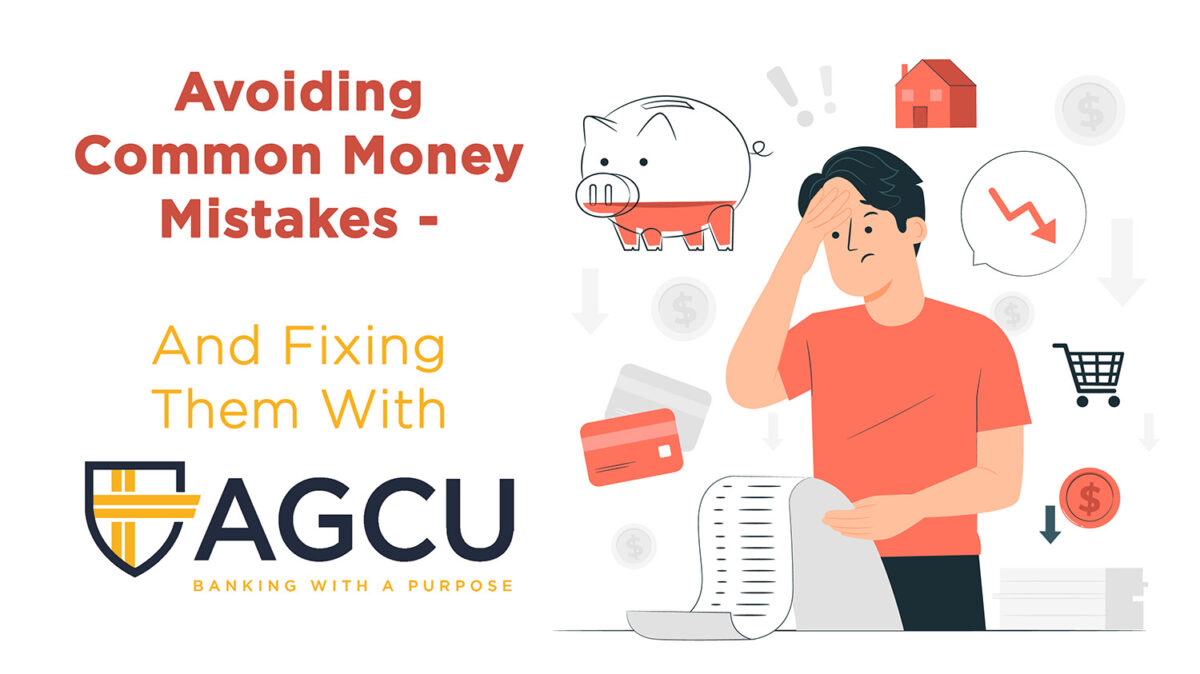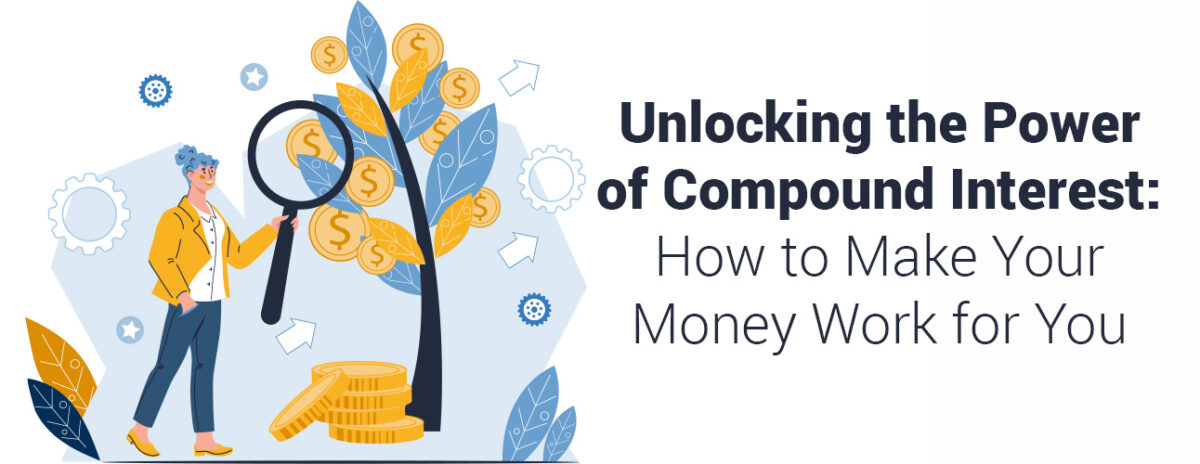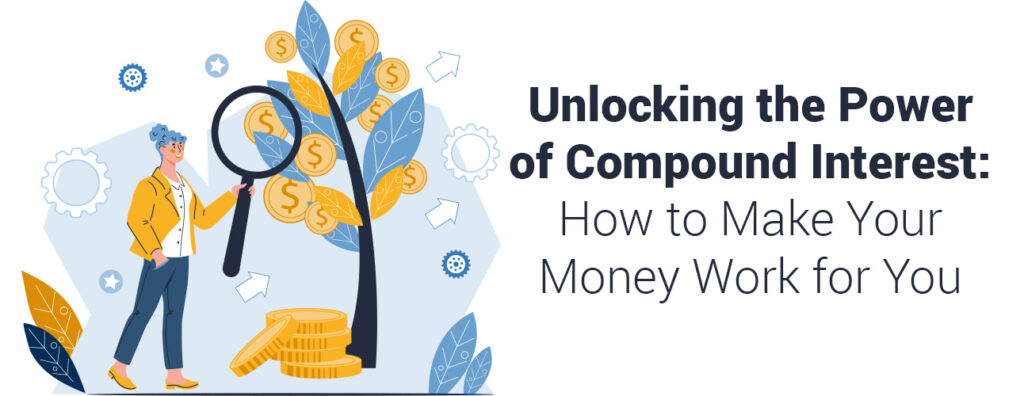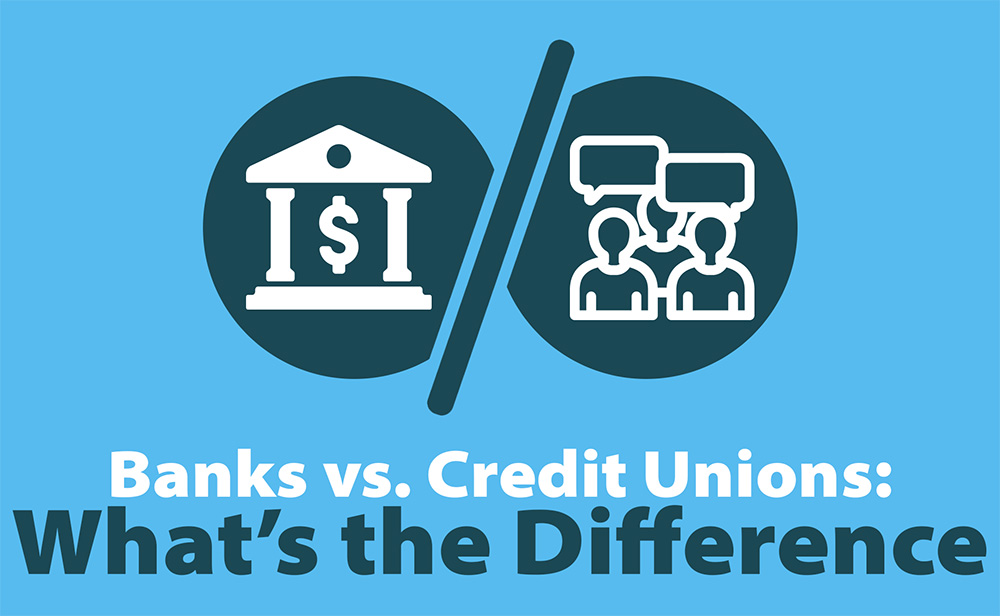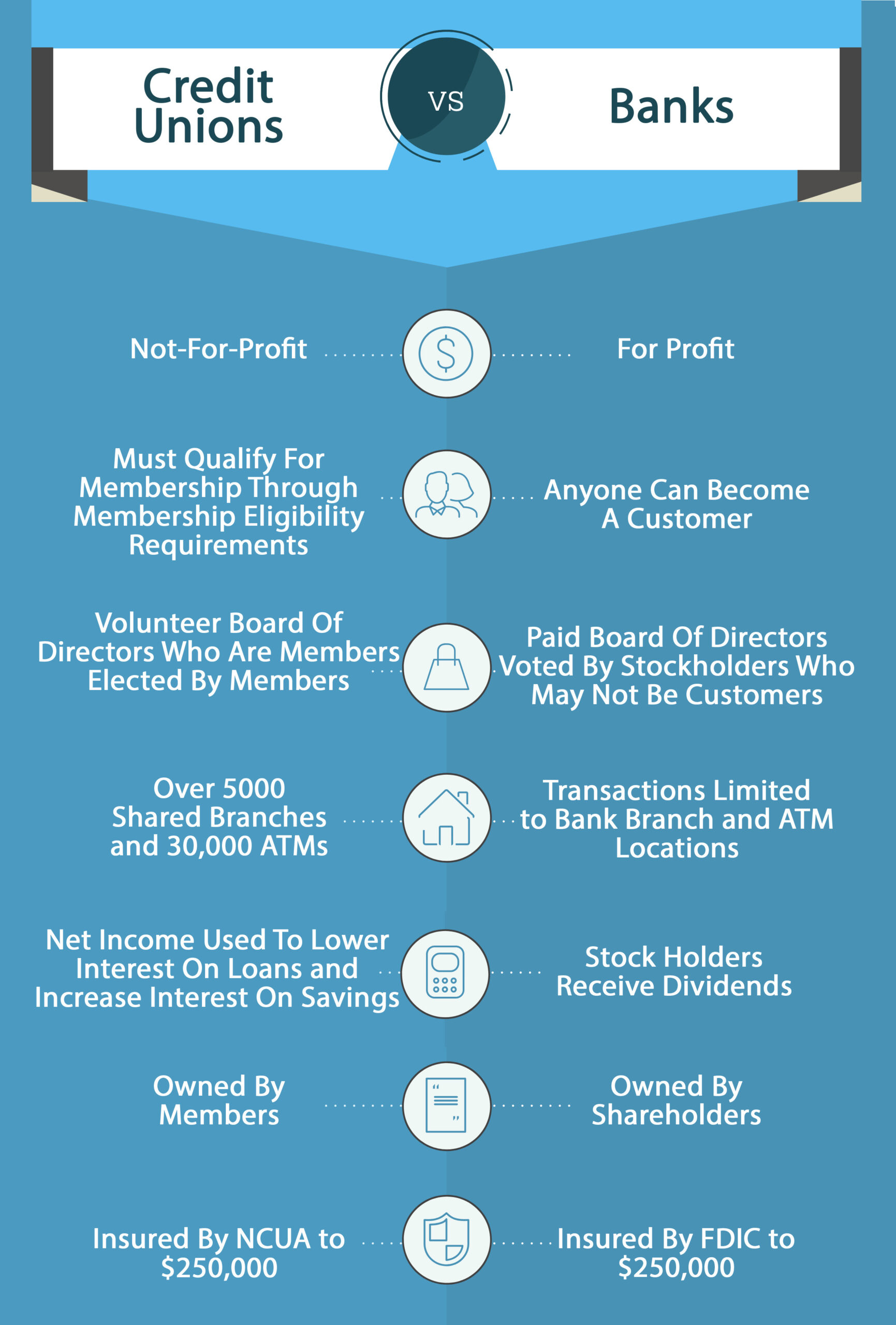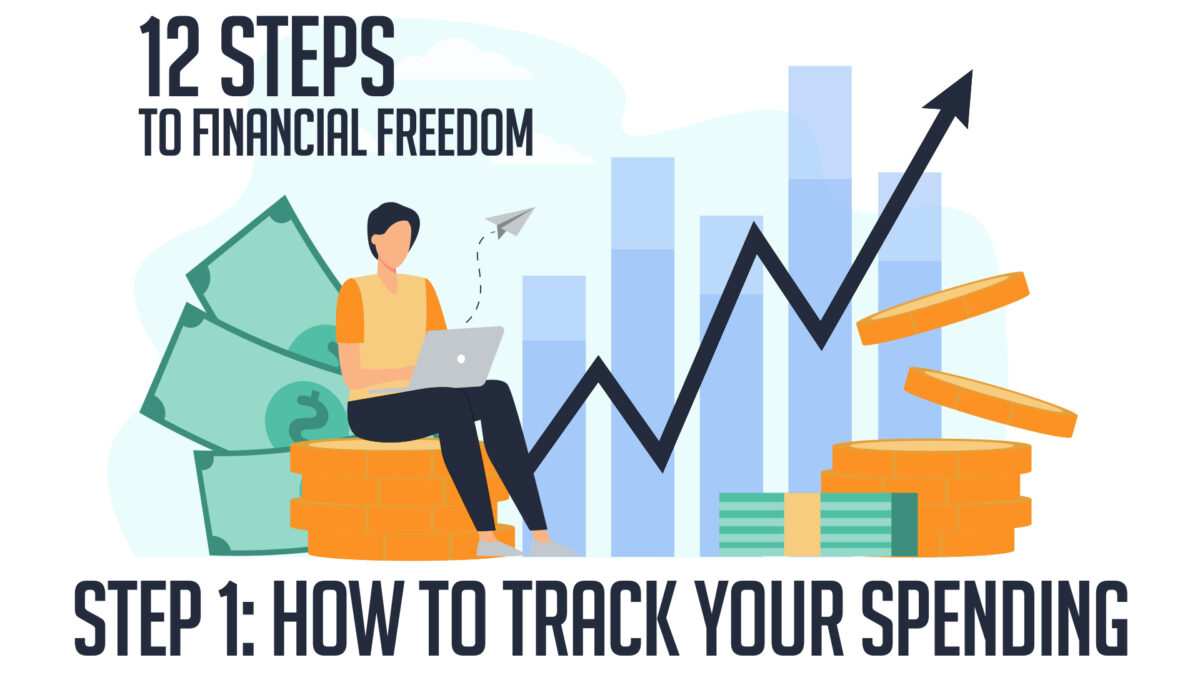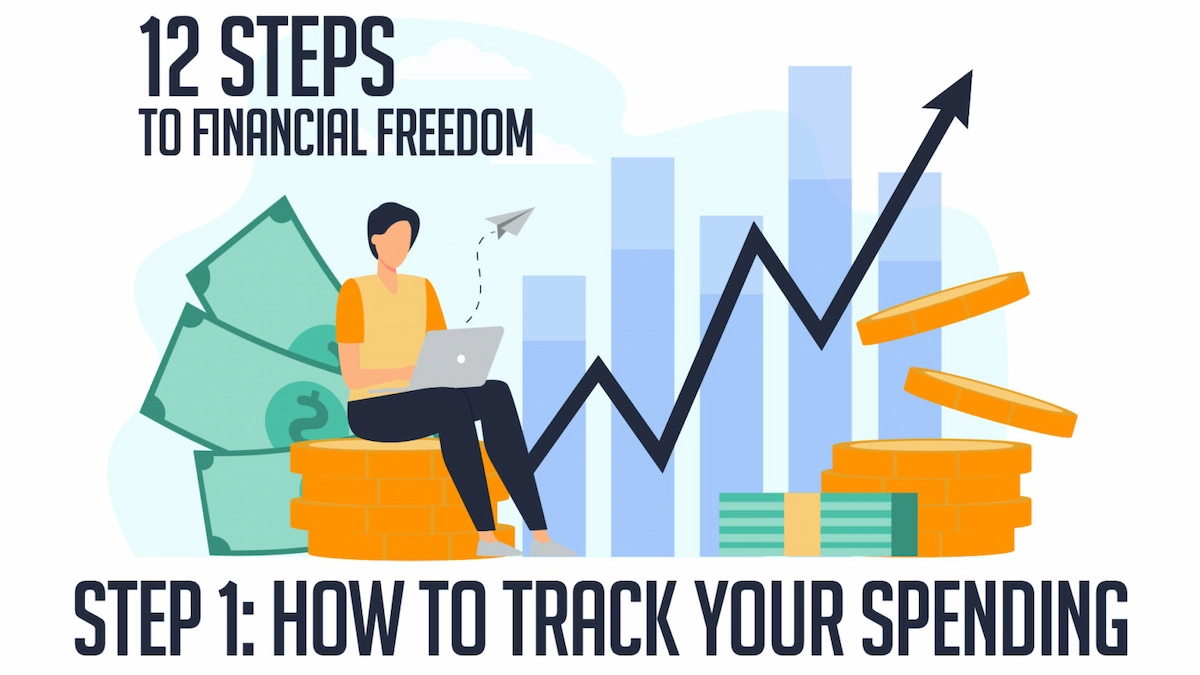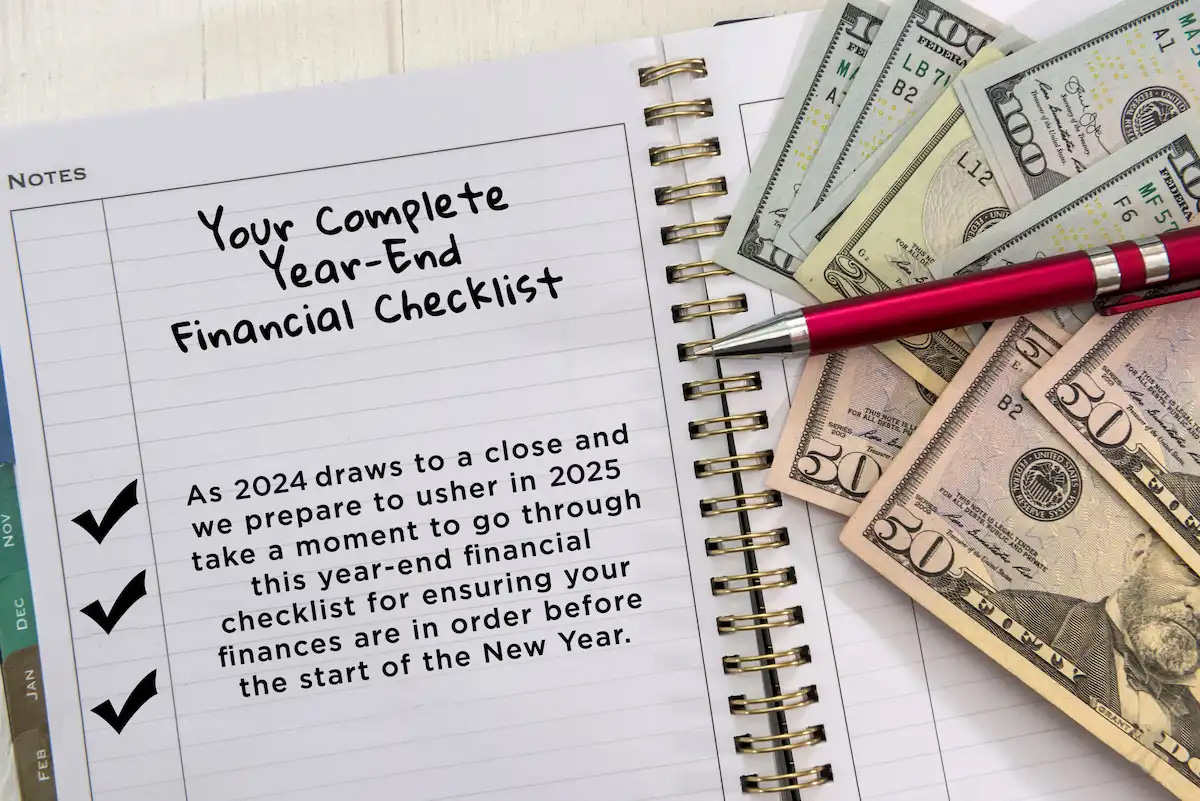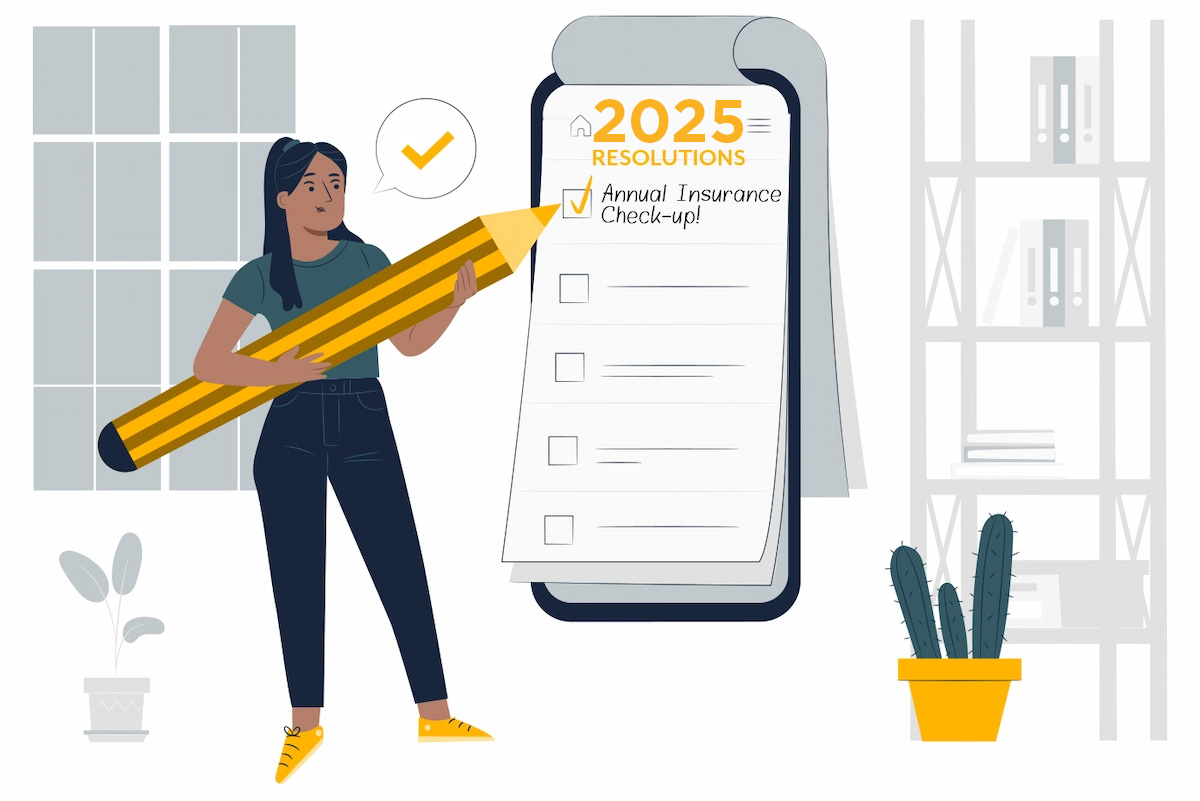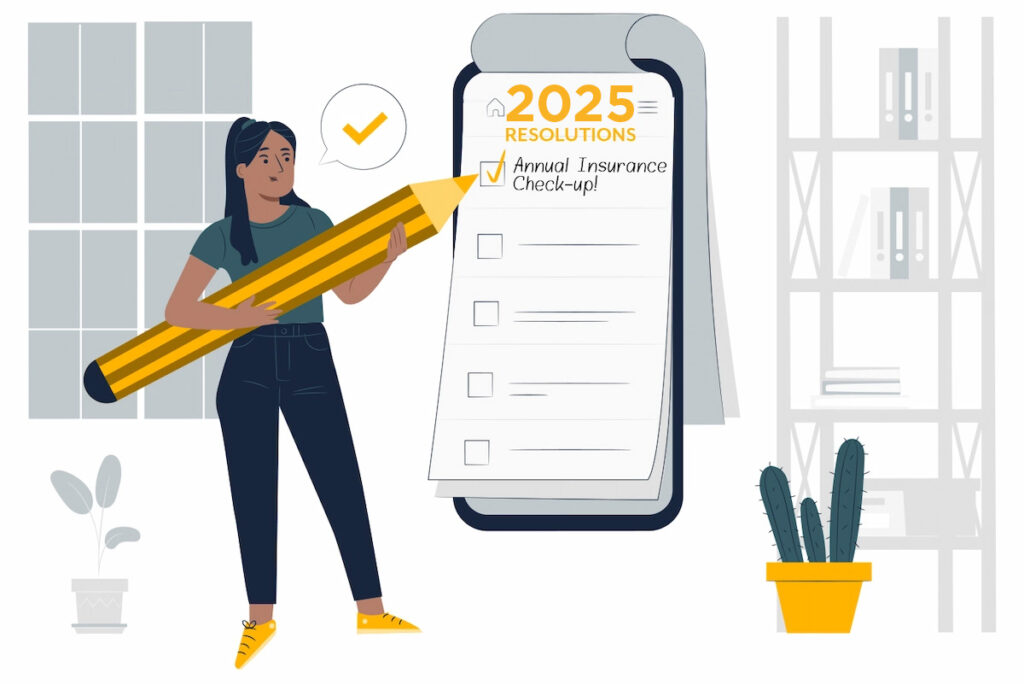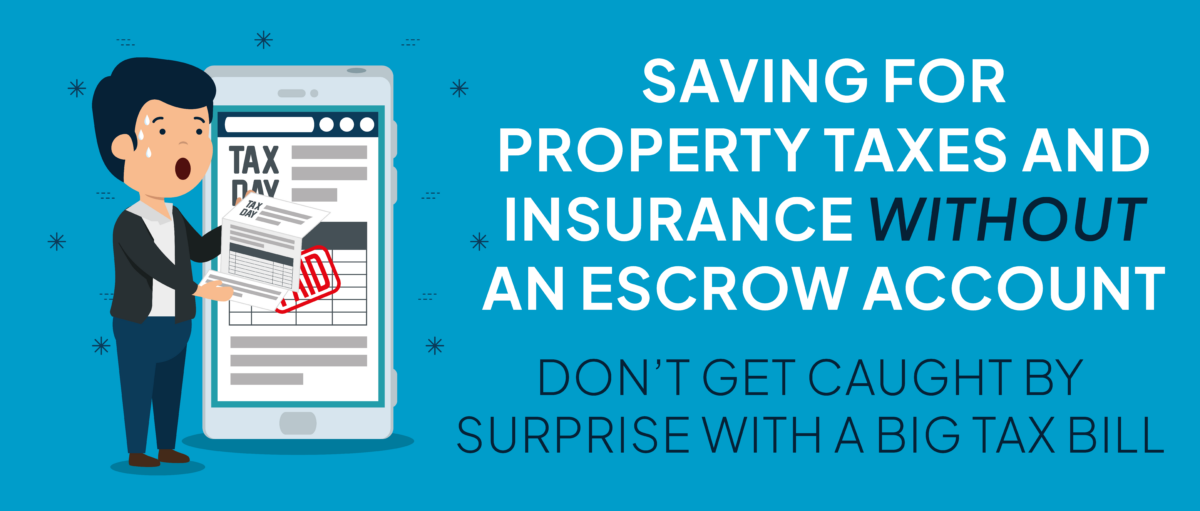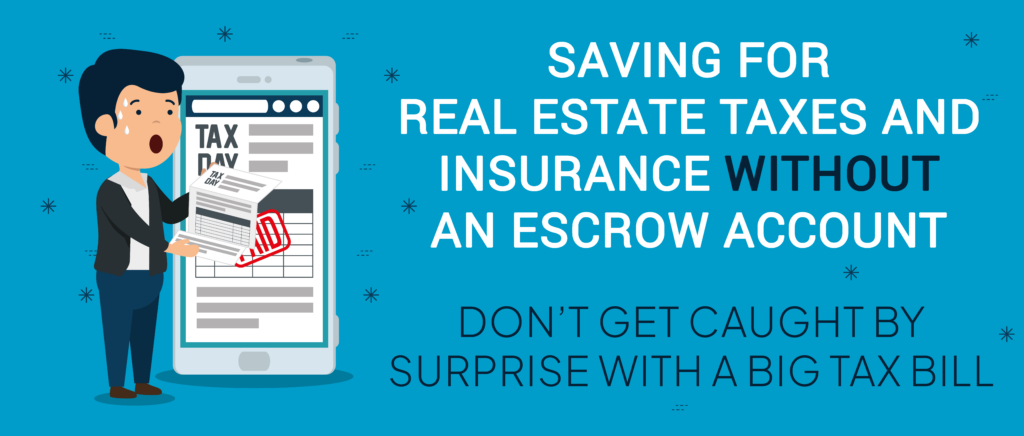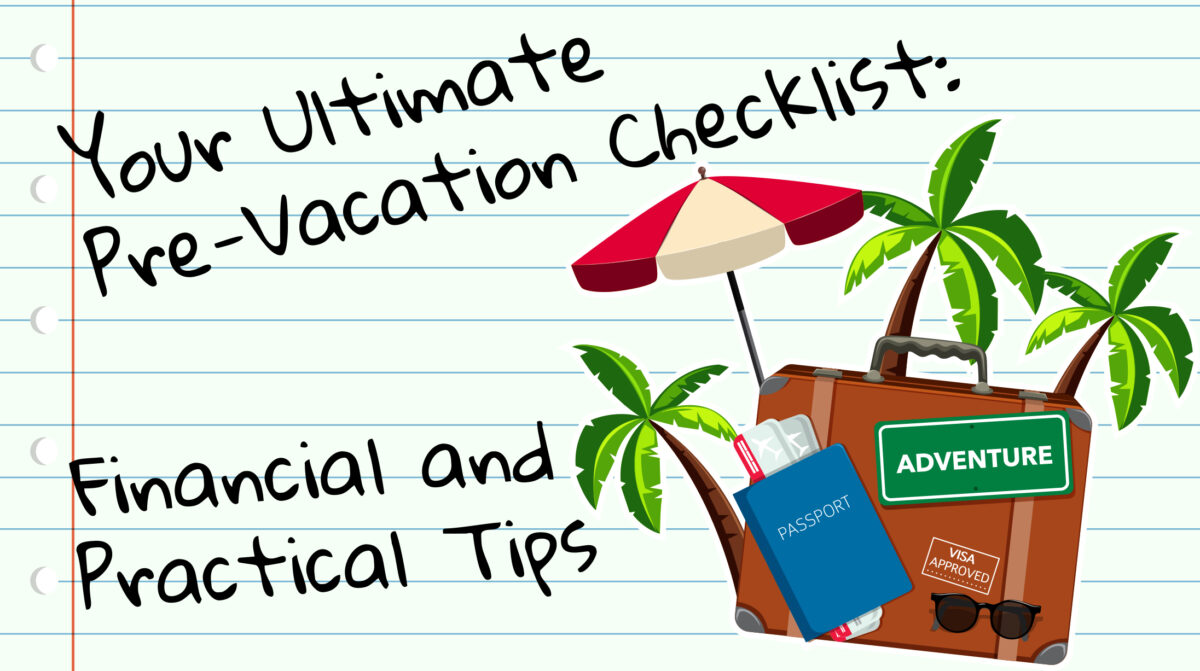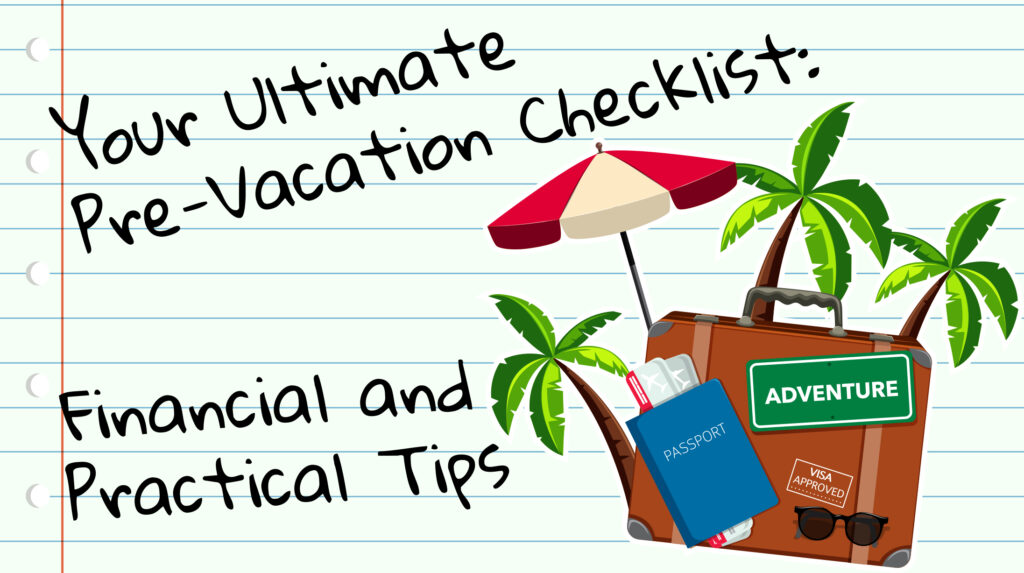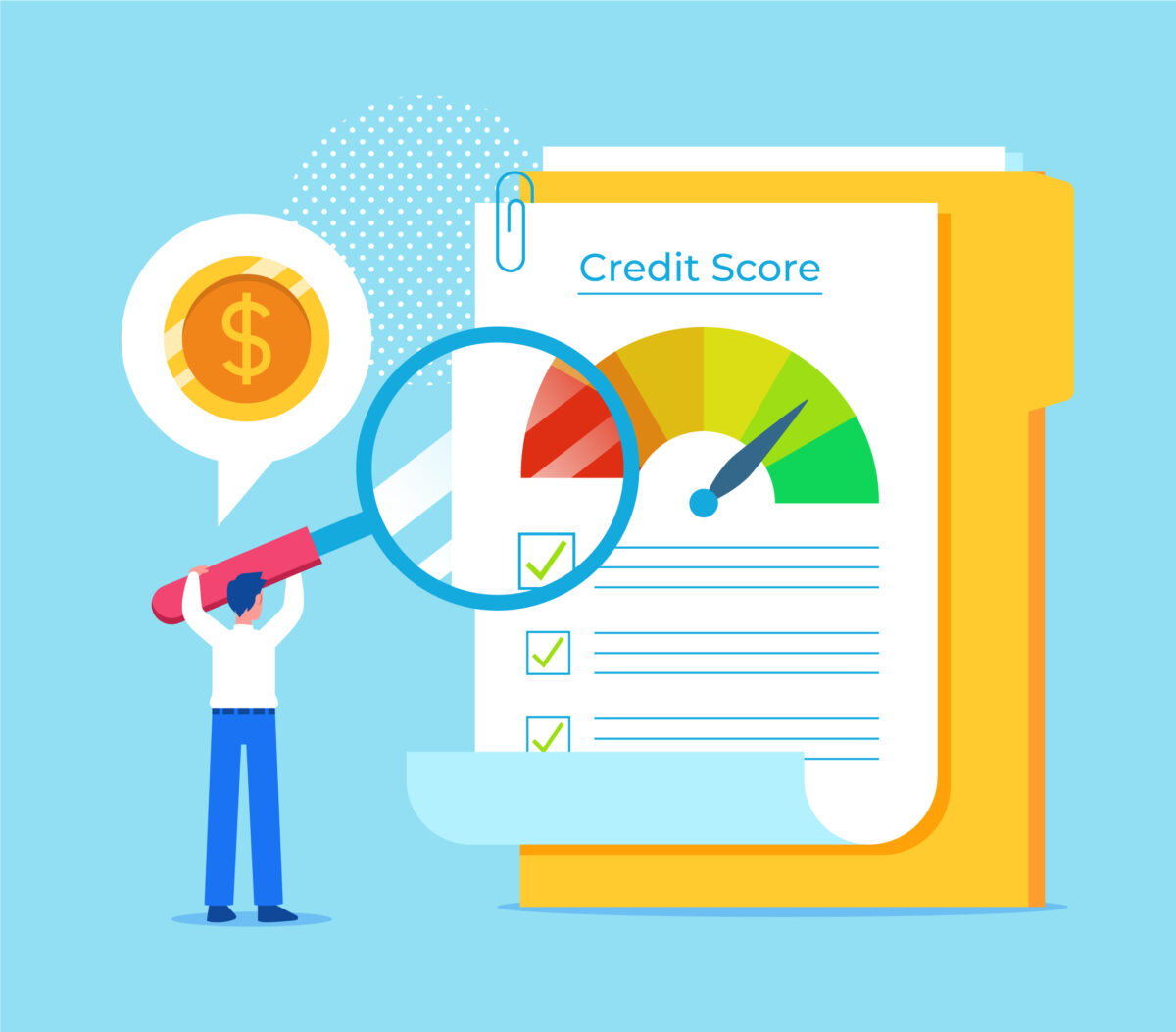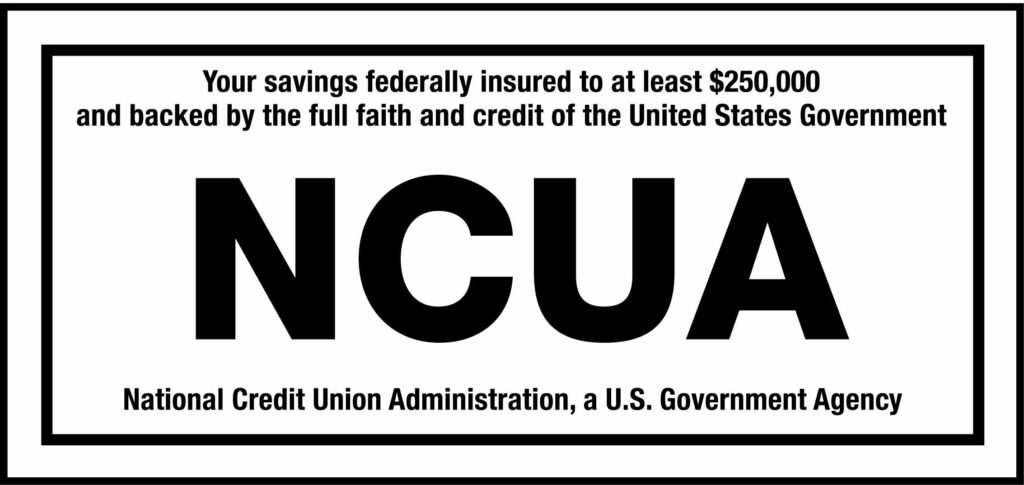7 Tips For Avoiding Common Money Mistakes – And Fixing Them With AGCU
Managing your money doesn’t come with an instruction manual — and even the most financially responsible people make a few missteps. The good news? Most common money mistakes are easy to fix with a little awareness, a solid plan, and the right financial tools.
Here are some of the most common pitfalls — and how to avoid them using AGCU’s services to build a stronger financial future
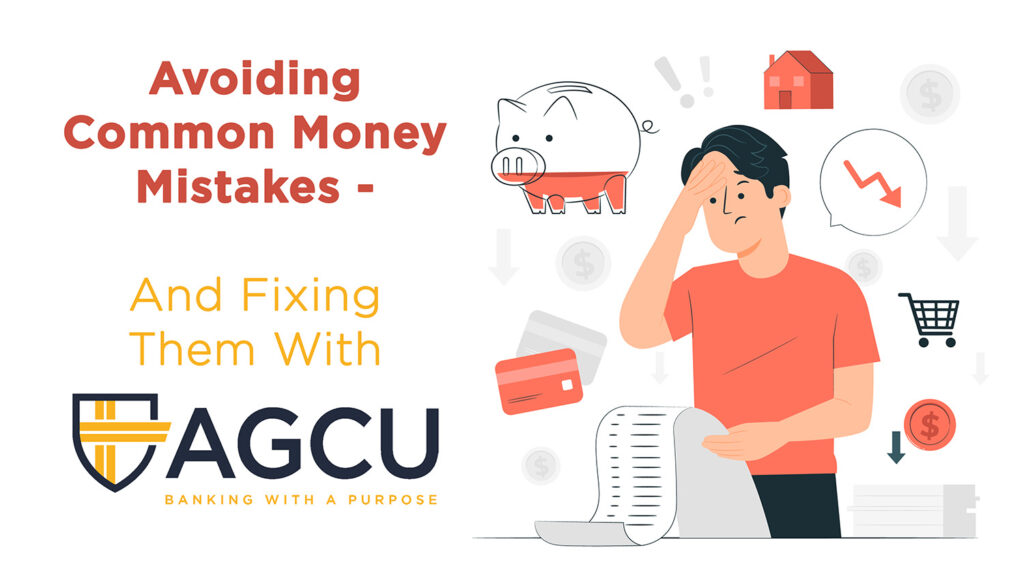
1. Ignoring Your Financial Situation
The Problem:
It’s easy to coast through daily life without knowing how much money is in your account, how much debt you owe, or even what your credit score is. But ignoring your finances can lead to overdrafts, missed payments, and a lack of savings when you need it most.
The Fix:
Take time to regularly check your balances, track spending, and monitor your progress toward financial goals. Budgeting apps, online banking tools, and simple spreadsheets can help you stay organized.
AGCU Solution:
Use Online & Mobile Banking to track your accounts anytime, anywhere. And make your money work harder with a FREE Loyalty Plus High Yield Checking Account — you’ll earn competitive interest just by managing your money well.
2. Not Having Clear Financial Goals
The Problem:
Without goals, it’s easy to spend impulsively and wonder where your money went. A lack of direction can lead to missed opportunities and little progress toward long-term dreams.
The Fix:
Set short-term and long-term goals — like building an emergency fund, saving for a home, or preparing for retirement. Goals help you focus your spending and stay motivated.
AGCU Solution:
Open a Savings Account to get started, or Money Market Account for higher returns and easy access to your funds. Planning for retirement? Consider an IRA to help your savings grow tax-advantaged over time.
3. Failing to Communicate About Money
The Problem:
Many couples or families avoid talking about money to prevent conflict — but this often leads to confusion, mismatched priorities, and financial stress.
The Fix:
Set time aside for open, honest money conversations. Align on spending habits, savings goals, and shared responsibilities to build trust and teamwork.
AGCU Solution:
Use Shared Accounts to make managing household finances easier, and explore tools like online bill pay and alerts to stay in sync and avoid surprises. All of these are included for FREE with AGCU Online and Mobile Banking
4. Not Planning for Medical Expenses
The Problem:
Medical costs can pop up unexpectedly, and without a plan in place, they can derail your budget or lead to debt.
The Fix:
Start saving ahead for future health-related needs. A dedicated account helps ensure you’re financially prepared for out-of-pocket expenses.
AGCU Solution:
Open a Health Savings Account (HSA) to save pre-tax dollars for qualified medical expenses. Funds roll over year to year, and you stay in control of how and when they’re used.
5. Letting Savings Sit Idle
The Problem:
Many people leave money in basic accounts that don’t earn much interest — which means you’re missing out on potential growth.
The Fix:
Reevaluate where you’re storing your savings. Even small improvements in your interest rate can add up over time.
AGCU Solution:
Upgrade your savings strategy with a FREE Loyalty Plus High Yield Checking Account or Money Market Account. These options offer higher returns while keeping your money accessible. or, If you won’t need immediate access to funds, consider a CD for more competitive rates
6. Not Building an Emergency Fund
The Problem:
Life is unpredictable — and without an emergency fund, even a small surprise expense can throw off your finances or push you into debt.
The Fix:
Aim to save at least a few months’ worth of expenses. Set up automatic transfers to make saving consistent and painless.
AGCU Solution:
Start with an AGCU Savings Account, and set up recurring transfers from your checking account to grow your cushion over time.
7. Relying Too Much on Credit
The Problem:
It’s easy to fall into the habit of swiping now and worrying later. High-interest credit card debt can build quickly and make it harder to save.
The Fix:
Use credit responsibly, and focus on paying down high-interest balances first. Be mindful of your credit utilization to protect your credit score.
AGCU Solution:
AGCU offers low-rate credit cards and personal loans to help you manage or consolidate debt. Use these tools to regain control and reduce interest costs.
Start Smart, Stay Strong
Avoiding these common money mistakes can help you build financial stability and confidence. Whether you’re just starting your savings journey or optimizing your current strategy, AGCU offers tools to help you succeed every step of the way — from checking and savings accounts, to IRAs, Health Savings Accounts, credit cards, and more.
💡 Ready to take control of your financial future? Learn more about Banking with a Purpose and open an account today.
Banking With A Purpose
Much more than a catchphrase, our tagline is our passion, our reason why we do what we do. This is the impact of your membership with AGCU. Learn More About Banking with a Purpose


